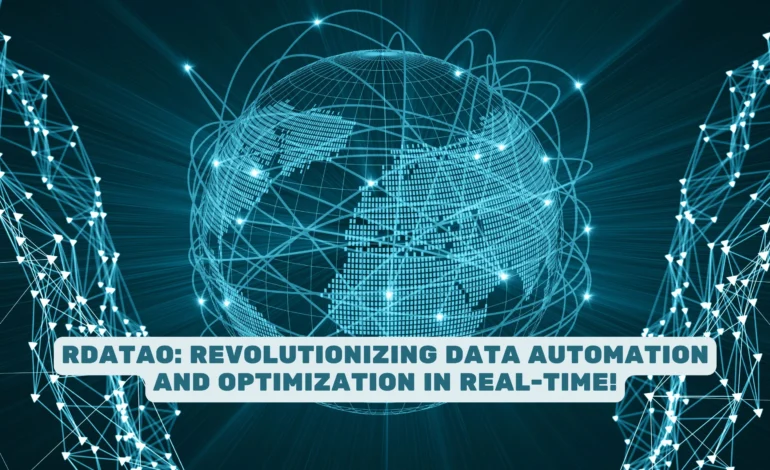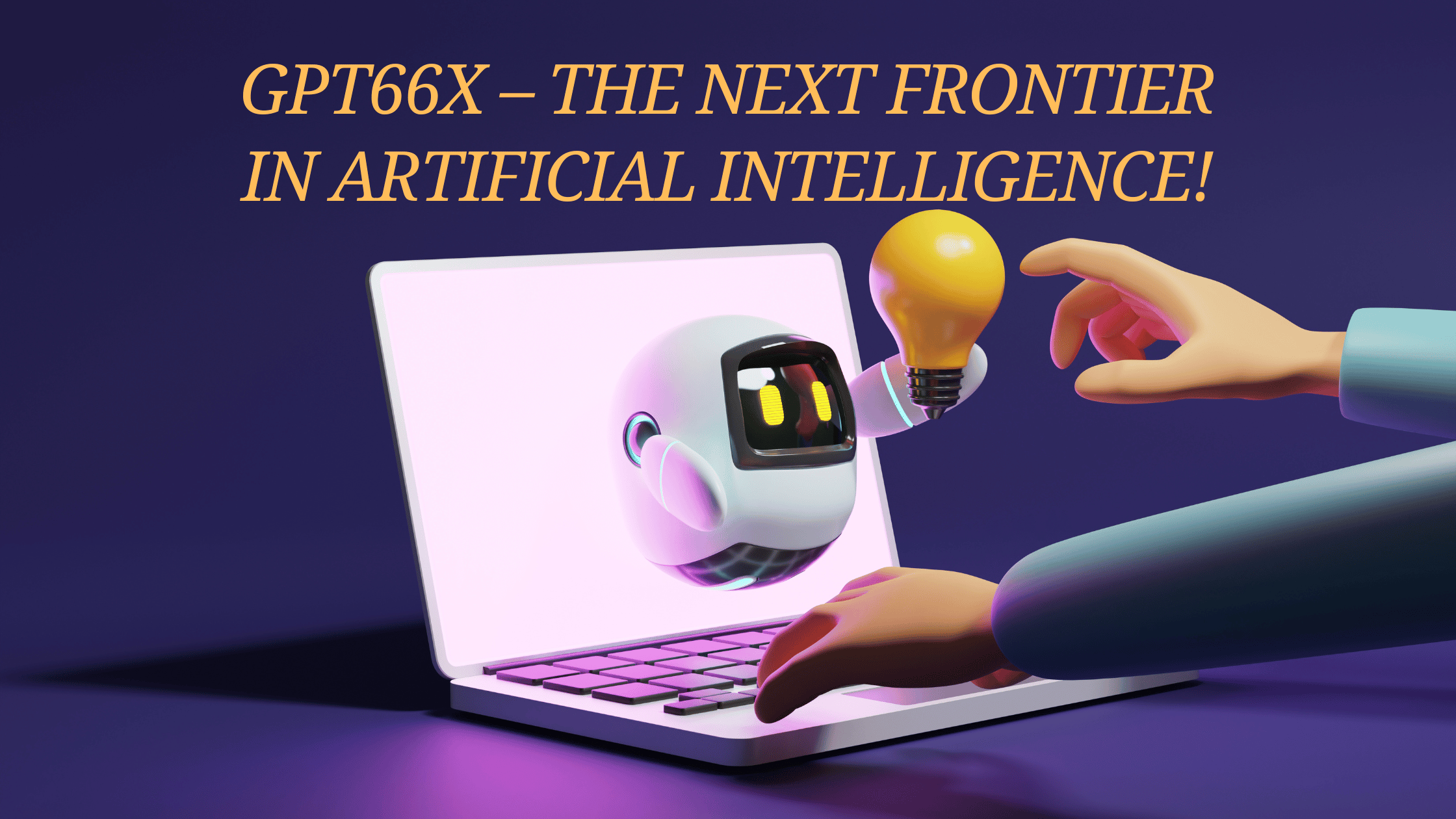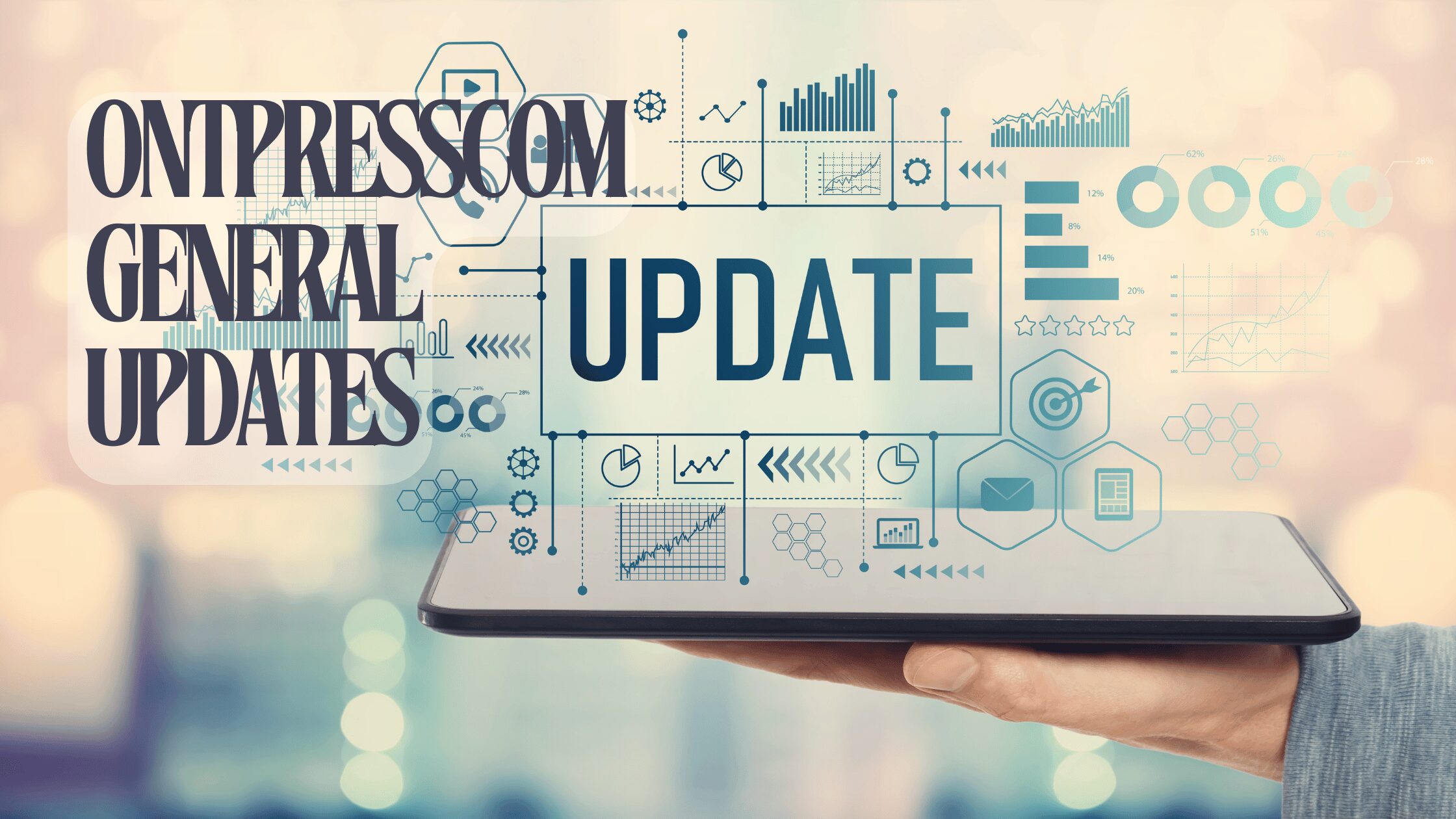
RDataO: Revolutionizing Data Automation and Optimization in Real-Time!
In an era where data drives decision-making, the ability to process and utilize information effectively has never been more crucial. Enter RDataO, or Real-Time Data Automation and Optimization a transformative approach that is reshaping how organizations leverage data.
RDataO stands for Real-Time Data Automation and Optimization. It refers to the integration of automation technologies with real-time data processing, enabling organizations to gather, analyze, and optimize data instantly.
This article delves into the concept of RDataO, its evolution, core components, applications across various industries, benefits, challenges, and prospects.
Table of Contents
What is rdatao? – respond swiftly to changing market dynamics!
RDataO, short for Real-Time Data Automation and Optimization, represents a significant leap forward in how businesses manage and utilize data. In today’s fast-paced marketplace, organizations must be agile and responsive to shifting market dynamics, consumer behaviour, and competitive pressures.
RDataO leverages cutting-edge technologies to collect, analyze, and act on data as it is generated, ensuring that companies can make informed decisions almost instantaneously. By automating data processes, RDataO minimizes the lag often associated with traditional data analysis, allowing businesses to capitalize on emerging trends and insights that could influence their operations.
This capability is especially crucial in sectors such as retail, finance, and logistics, where timely responses can significantly impact profitability and customer satisfaction.Moreover, RDataO enhances decision-making through its integration of advanced analytics and machine learning algorithms, which enable organizations to interpret vast amounts of data quickly. These systems analyze real-time information to identify patterns, forecast trends, and suggest actionable strategies, ensuring that companies remain competitive and proactive rather than reactive.
The Evolution of Data Automation!
The journey of data automation began with basic tools designed to collect and process information with minimal human intervention. Initially, these systems focused on simplifying repetitive tasks, such as data entry and report generation. However, the technological landscape has evolved significantly, thanks to advancements in machine learning, artificial intelligence, and big data analytics.
Early Stages: Basic Data Collection
In the early days, data automation systems primarily dealt with gathering information from different sources. They offered rudimentary functionalities, allowing businesses to consolidate data but often lacked real-time capabilities. As a result, organizations faced delays in decision-making, relying heavily on historical data that might not accurately reflect current market conditions.
The Rise of Advanced Technologies!
With the advent of machine learning and AI, data automation underwent a significant transformation. Organizations began to harness the power of algorithms to analyze data patterns and make predictions. This shift marked the transition from basic automation to more sophisticated systems capable of real-time processing and analytics. RDataO emerged as a natural evolution of these advancements, combining the best elements of automation, real-time data processing, and optimization techniques.
Core Components of RDataO!
To fully understand RDataO, it’s essential to break it down into its core components: Real-Time Data, Automation, and Optimization. Each of these elements plays a vital role in the functionality and effectiveness of RDataO systems.
Real-Time Data:
Real-time data refers to information that is collected and processed as it is generated. Unlike traditional methods that involve delays, real-time data allows organizations to respond immediately to changes and opportunities. For example, an eCommerce platform using real-time data can adjust its pricing strategies based on consumer behaviour, competitor actions, or market trends.
Automation:
Automation encompasses the use of software and systems to execute tasks that would typically require human intervention. In the context of RDataO, automation ensures that data collection, analysis, and decision-making processes occur without manual input. This capability not only accelerates operations but also minimizes the risk of human error, enabling organizations to allocate resources more strategically.
Optimization:
Optimization involves continuously refining processes based on real-time data insights. RDataO systems utilize live data to make informed adjustments across various operational aspects, whether optimizing supply chains, marketing strategies, or customer engagement initiatives. The goal is to ensure that organizations operate as efficiently and cost-effectively as possible.
Why RDataO is Crucial Today!
As businesses increasingly rely on data to drive their strategies, the importance of RDataO has surged. Here are some key reasons why RDataO has become indispensable in the modern technological landscape:
Speed of Decision-Making:
In a fast-paced environment, quick decision-making is essential for maintaining a competitive edge. RDataO empowers organizations by providing real-time insights, allowing them to act on data instantly rather than relying on outdated historical information.
Operational Efficiency:
By automating data processes, RDataO reduces the need for manual intervention, streamlining workflows, and enhancing productivity. This results in cost savings and improved operational efficiency, allowing organizations to focus on core business activities.
Data-Driven Insights:
RDataO facilitates continuous analysis of live data, leading to actionable insights that inform decision-making. These insights can uncover hidden opportunities, identify potential risks, and enable organizations to adapt proactively to market changes.
Scalability:
RDataO allows businesses to scale their data operations without a corresponding increase in workforce or resources. The automation of data processes makes it easier to manage vast volumes of information as organizations grow.
Applications of RDataO Across Industries!
RDataO has a broad range of applications across various sectors, each benefiting from its ability to optimize operations and enhance decision-making. Here are some key industries where RDataO is making a significant impact:
1. Healthcare
In the healthcare sector, RDataO is revolutionizing patient care and operational management. Wearable devices and health monitoring systems collect real-time data on patients’ vital signs, allowing healthcare providers to make informed decisions promptly. This capability enhances patient outcomes and enables healthcare organizations to manage their supply chains more effectively, ensuring that necessary supplies and medications are readily available.
2. Finance
Financial institutions leverage RDataO to automate trading processes, detect fraudulent activities, and optimize investment strategies. Algorithmic trading platforms utilize RDataO to analyze market data in real time and execute trades within milliseconds, capitalizing on fleeting market opportunities. Additionally, RDataO systems continuously monitor accounts for suspicious activities, helping banks mitigate risks and enhance security.
3. Retail and eCommerce
RDataO is transforming the retail and eCommerce landscape by enhancing customer experiences. By analyzing real-time customer behavior, retailers can personalize recommendations, adjust pricing, and tailor marketing strategies to meet individual preferences. Furthermore, RDataO aids in inventory management by optimizing stock levels based on real-time demand forecasts, preventing both stockouts and overstock situations.
4. Manufacturing
Manufacturers are increasingly adopting RDataO to monitor production lines, predict equipment failures, and optimize supply chains. By collecting data from sensors installed on machines, RDataO systems can identify potential issues before they lead to breakdowns, significantly reducing downtime and maintenance costs. Additionally, real-time data allows manufacturers to adjust production schedules in response to fluctuating demand.
5. Transportation and Logistics
The transportation and logistics sectors are major beneficiaries of RDataO, with applications ranging from vehicle tracking to route optimization. Real-time data enables logistics companies to respond to traffic conditions, weather changes, and other disruptions, ensuring timely deliveries. Moreover, RDataO plays a crucial role in developing autonomous vehicles, which rely on real-time data to navigate and make decisions on the road.
Benefits of Implementing RDataO!
Implementing RDataO offers numerous benefits that can transform how businesses operate. Here are some of the key advantages:
Increased Productivity:
By automating repetitive tasks and processes, RDataO allows employees to focus on high-value work that drives business growth. This increased productivity leads to better resource utilization and overall efficiency.
Cost Reduction:
RDataO optimizes operations, reducing errors and associated costs. Whether through minimizing downtime in manufacturing or enhancing marketing effectiveness through targeted campaigns, the financial benefits of RDataO are substantial.
Enhanced Customer Experience:
RDataO enables businesses to respond to customer needs in real time. Personalized recommendations, faster customer service, and tailored marketing strategies contribute to a more satisfying experience for clients, fostering loyalty and driving sales.
Risk Mitigation:
With continuous monitoring and real-time analysis, RDataO helps organizations identify potential risks before they escalate. Whether detecting financial fraud or predicting equipment failures, RDataO systems empower businesses to take proactive measures to mitigate risks.
Sustainability:
By optimizing resource utilization and reducing waste, RDataO can contribute to more sustainable business practices. For instance, logistics companies can minimize fuel consumption by optimizing delivery routes in real time, leading to reduced environmental impact.
Challenges and Considerations!
While RDataO offers numerous advantages, organizations must navigate certain challenges when implementing these systems:
Data Privacy and Security:
Handling real-time data raises concerns about privacy, particularly when dealing with sensitive information such as financial transactions or personal health records. Organizations must implement robust security measures to protect data from breaches and unauthorized access.
Integration with Existing Systems:
Integrating RDataO with legacy systems can be complex and costly. Businesses need to evaluate whether their existing infrastructure can support real-time data automation and optimization, as well as invest in necessary upgrades.
Costs of Implementation:
Establishing an RDataO system can entail significant initial costs, especially for small and medium-sized enterprises. While the long-term benefits are considerable, organizations need to assess whether they can afford the upfront investment.
Need for Skilled Personnel:
Managing RDataO systems requires a skilled workforce well-versed in data analysis, automation technologies, and real-time processing. Organizations may need to invest in training programs or hire specialists to ensure the effective operation of RDataO technologies.
The Future of RDataO!
The future of RDataO looks promising, driven by advancements in artificial intelligence, machine learning, and the Internet of Things (IoT). As more devices become interconnected and capable of generating real-time data, the potential applications of RDataO will continue to expand.
Smart Cities:
One exciting development area is the application of RDataO in smart cities. By integrating real-time data from traffic sensors, public transportation systems, and energy grids, cities can optimize their infrastructure to improve efficiency and reduce environmental impact.
Predictive Analytics:
As RDataO technology advances, predictive analytics will become more sophisticated. Businesses will be able to anticipate trends, customer behaviors, and market conditions with greater accuracy, enabling proactive strategies that drive growth.
FAQs:
1. What is RDataO?
RDataO stands for Real-Time Data Automation and Optimization, a technology that automates data collection and analysis to enhance decision-making.
2. How does RDataO benefit businesses?
RDataO enables businesses to respond quickly to market changes, improving efficiency, decision-making speed, and overall operational effectiveness.
3. Which industries can benefit from RDataO?
Industries like healthcare, finance, retail, and manufacturing can leverage RDataO to optimize operations and enhance customer experiences.
4. What role does real-time data play in RDataO?
Real-time data allows businesses to make informed decisions instantly, adapting to current trends and conditions without delays.
5. Is implementing RDataO expensive?
While initial costs can be high, the long-term benefits of increased efficiency and reduced errors often outweigh the investment.
6. What challenges does RDataO present?
Challenges include data privacy concerns, integration with existing systems, and the need for skilled personnel to manage the technology.
7. How does RDataO enhance customer experience?
RDataO allows businesses to tailor services and recommendations based on live customer behaviour, leading to increased satisfaction and loyalty.
Summary:
RDataO represents a pivotal advancement in how businesses manage and utilize data. By automating the collection and analysis of real-time data, organizations can make quicker, more informed decisions that enhance operational efficiency and drive growth. The versatility of RDataO across various industries, from healthcare to finance, highlights its potential to revolutionize traditional practices. While challenges such as data privacy and integration remain, the benefits of adopting RDataO are substantial. As technology continues to evolve, RDataO will play an increasingly vital role in helping businesses adapt to the ever-changing market landscape.





